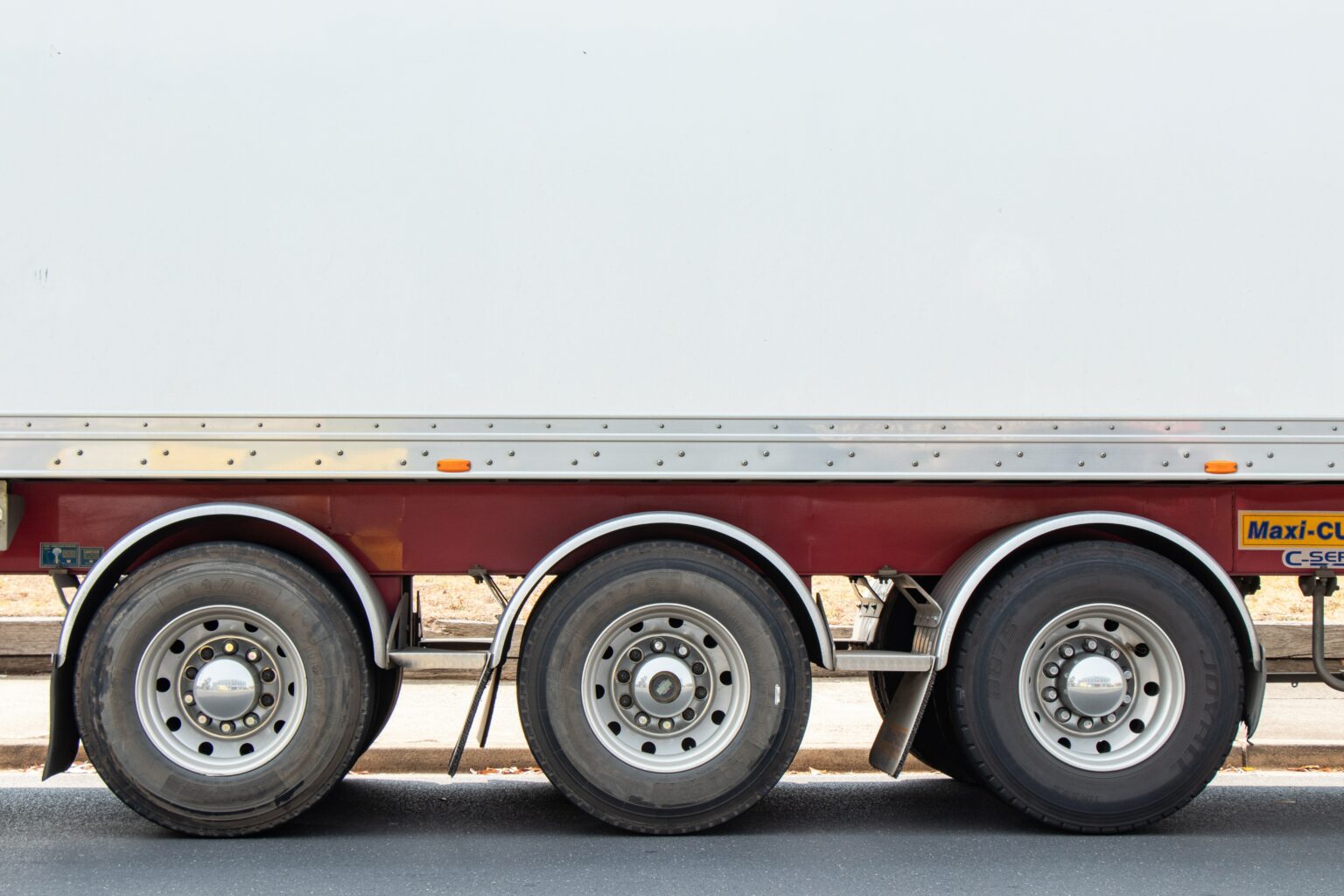Germany, like many nations, faces the challenge of decarbonizing its freight transport sector. Milence, a joint venture by leading truck manufacturers, has recently announced the construction of two e-truck charging parks in Germany.
Proponents of battery-electric trucks, including Milence CEO Anja van Niersen and the think tank Agora Verkehrswende, highlight their advantages. Existing battery technology is considered more mature and efficient compared to fuel cells. Additionally, the number of battery-electric trucks in Germany has seen significant growth, indicating early market adoption. However, significant expansion of the charging infrastructure remains a critical hurdle. Philipp Müller from the Fraunhofer Institute emphasizes the current focus on car charging infrastructure, which is largely incompatible with heavy-duty vehicles.
While existing fast-charging stations with CCS compatibility could theoretically be utilized by some e-trucks, limitations exist. The charging infrastructure designed for cars typically offers lower power and voltage, unsuitable for the rapid charging needs of long-haul freight transport. Additionally, concerns exist regarding the sheer scale of investment required for a nationwide e-truck charging network. The German Logistics industry, represented by the DSLV, expresses skepticism about the feasibility of this approach.
The limitations of e-truck infrastructure highlight the potential role of hydrogen fuel cell technology. Proponents, including Hildegard Müller from the Association of the Automotive Industry (VDA), advocate for exploring both battery and hydrogen options. While the Council of Experts acknowledges the limitations of the current charging network, they don’t advocate for excluding hydrogen entirely. Their position aligns with Veronika Grimm’s minority vote within the Council, urging support for alternative technologies.
The German e-truck landscape presents a complex picture. While Milence’s charging parks are a positive step, significant infrastructure expansion is necessary for widespread e-truck adoption. Furthermore, the limitations of battery range and charging times raise questions about the feasibility of electrifying all freight transport. Hydrogen fuel cells, though not without their challenges, offer a compelling alternative for long-haul applications. Ultimately, a successful decarbonization strategy will likely require a multi-pronged approach, leveraging both battery and hydrogen technologies alongside investments in infrastructure development.
